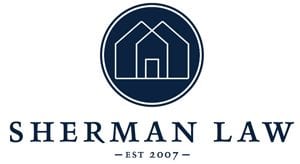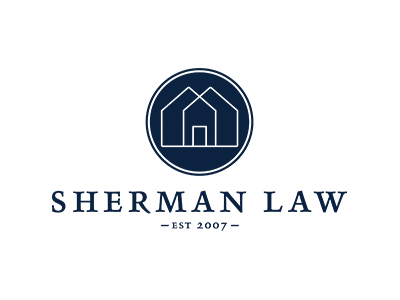The following is a summary aimed at helping clarify how the various “condo docs” function.
The word condominium derives from Latin meaning roughly “Joint Ownership”. It is a unique method of property ownership created by The Massachusetts Condominium Act. There are three main documents that exist to make the condominium “legal” that exist in the Public Record, aka at the Registry of Deeds for anyone to read.
- The Master Deed: This is the document the owner of the land filed to convert the property to condominiums. It outlines specifically what is part of each unit and what is considered common ownership. Usually, the individual units are described as “walls-in”, meaning the interior space from the sub-floor to the lower surface of the ceiling to the walls. Shared space usually means the land, the roof, etc. The Master Deed will also define who owns and/or has access to things like decks, parking spaces, etc.
- The Declaration of Trust: This document is also described as the By-Laws. It creates the Condominium Trust, which is the legal entity responsible for governing the condominium, including establishing and enforcing the rules of the condominium and collecting the condominium fees to maintain the condominium complex. The trust can be self-managed, typically in cases of smaller developments or the trust can hire a Management Company to administer its duties in larger complexes. Typically, each unit owner can elect a Trustee (themselves) to the Board of Trustees. The Board creates the budget, sets the condo fee, and defines the Rules and Regulations of the Condominium. For example, the Declaration of Trust often has general rules that deal with parking, pets, rental of the units etc. The Rules and Regulations, if they exist, may outline more detail for the everyday application of the Trust Declaration.
- The Unit Deed: This document is the transfer of ownership of the previous owner to the new Buyer. From the unit deed, the owner has all of the legal rights of ownership as if the unit was a separate entity, meaning the individual unit can be sold, mortgaged, taxed, etc. This document is drafted and recorded during the closing.
Documents like the condo budget, minutes of the Board meetings and the Rules and Regulations are generally not public record and must be requested from the seller, the Management Company or some combination thereof. In addition, a Buyer’s lender will likely require a Trustee and/or Manager of a Condominium Association complete a Condo Questionnaire.
About the author: The above Real Estate information on Massachusetts Settlement Agent was provided by Timothy Sherman, an active attorney in the real estate law field. Tim can be reached via email at tim@timshermanlaw.com or by phone at 781-664-4936. Attorney Sherman has helped people close on their homes in many Massachusetts cities and towns for the last 9+ Years.
Thinking of buying, selling or refinancing your home? I have a passion for Real Estate and love to share my legal expertise!
I handle closings throughout the South Shore and Greater Boston Area such as: Boston, Braintree, Canton, Cohasset, Dartmouth, Dedham, Duxbury, Fairhaven, Hanover, Hingham, Marshfield, Milton, Nantucket, Newton, Norwell, Plymouth, Quincy, Walpole, Wellesley, Westwood, Weymouth and Wrentham.

